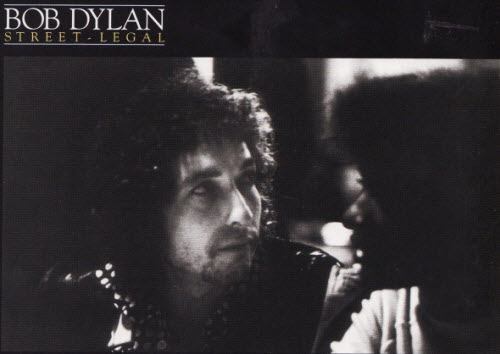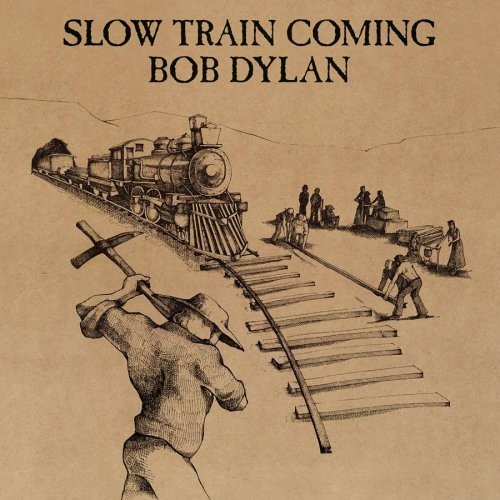[vc_row][vc_column][vc_message message_box_color=”mulled_wine” icon_fontawesome=”fa fa-quote-left”]On this album, I took a few steps backward, but I also took a bunch of steps forward because I had a lot of time to concentrate on it. I also had the band sounding like I want it to sound. It’s got that organ sound from ‘Blonde on Blonde’ again. That’s something that has been missing.
~Bob Dylan (to Robert Hilburn – May 1978)
Jonathan Cott interview – Sept. 1978:
Jonathan Cott: What do you think of all the criticisms of Street Legal?
Bob Dylan: I read some of them. In fact, I didn’t understand them. I don’t think these people have had the experiences I’ve had to write those songs. The reviews didn’t strike me as being particularly interesting one way or another, or as compelling to my particular scene. I don’t know who these people are. They don’t travel in the same crowd, anyway. So it would be like me criticizing Pancho Villa.[/vc_message][/vc_column][/vc_row]
First of all… “Street-Legal” is a fantastic album. I have never “understood” all the criticism it got.. and still gets, and I even dig the original overall sound & production.
The first & second recording session (April 25 & 26) did not produce much (probably only a master of “We Better Talk This Over”), but on this sessions we (probably) got 4 masters: No Time To Think, Where Are You Tonight? (Journey Through Dark Heat), True Love Tends To Forget & Changing Of The Guards.
Continue reading April 27: Bob Dylan 3rd Street-Legal recording session, 27 April 1978



